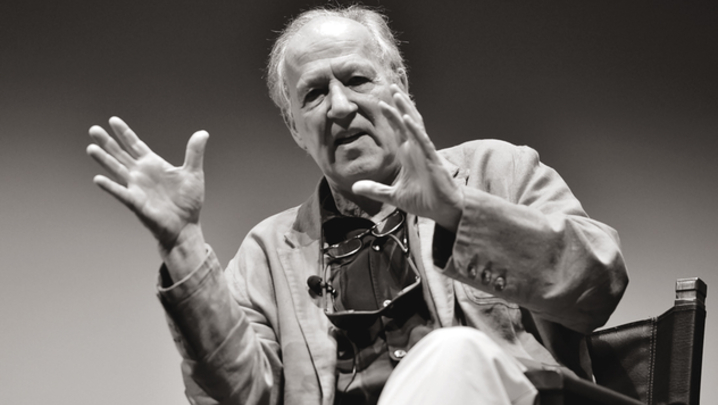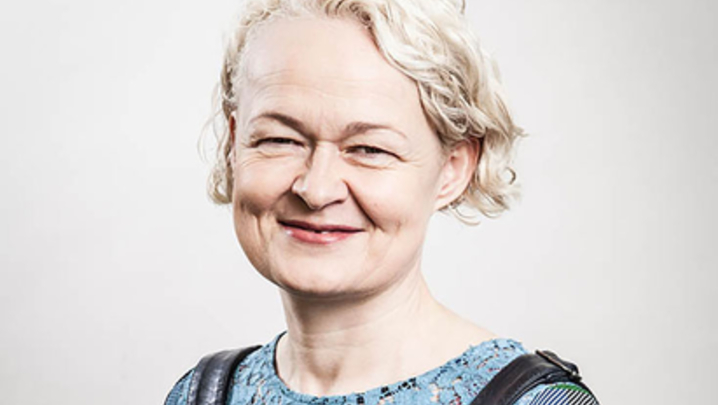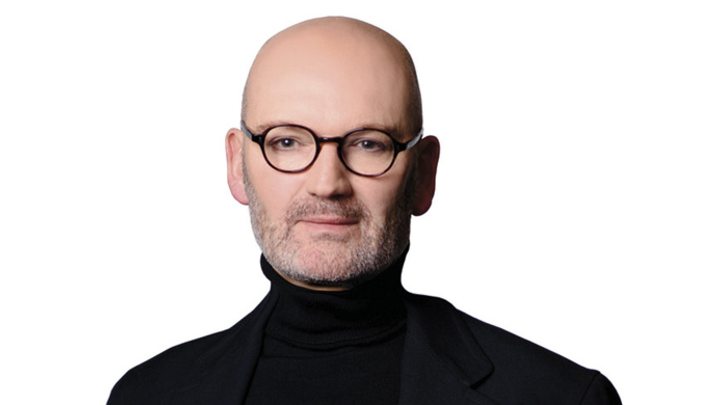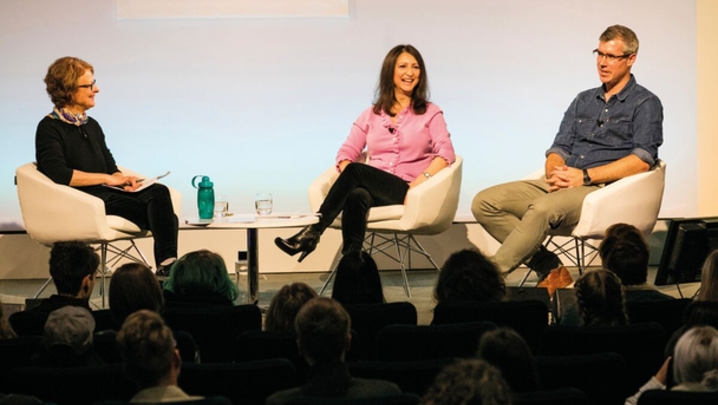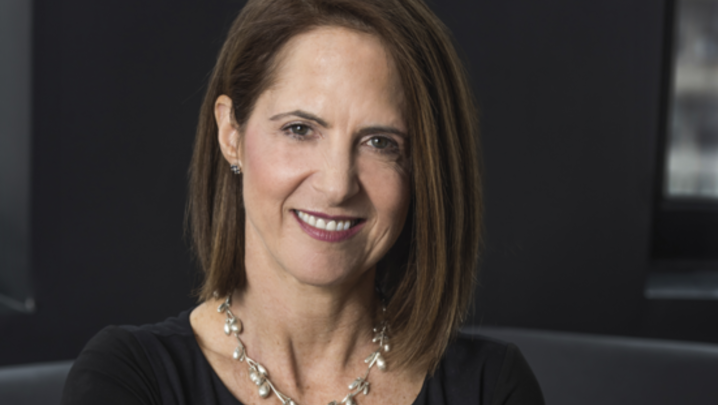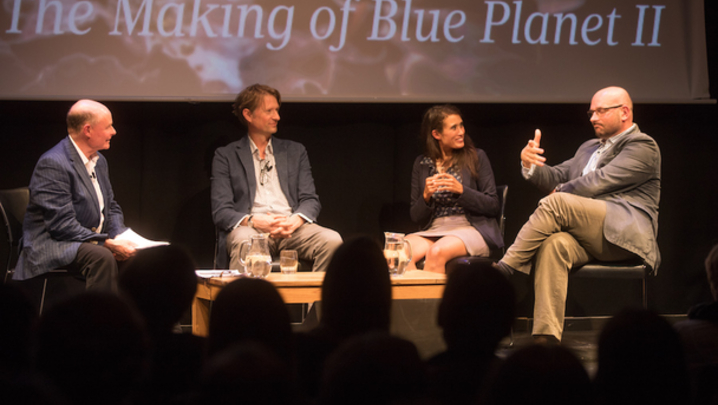An RTS Futures event at the end of November turned the spotlight on documentary film-making, looking at how ideas are generated and stories told. Ideas are the lifeblood of documentaries.
“News is a really good source of ideas, not just replicating the reporting but trying to think tangentially – think outside the box with it,” said Kat Hayes, an Emmy award-winning executive producer at Al Jazeera’s US digital media channel, AJ+, whose weekly documentary series reports on marginalised communities and social affairs.
“Stories can come from anywhere: from social media, scientific papers, news articles, watching previous documentaries and finding a new angle, or new camera technology that can maybe give you a different insight,” said Amy Thompson, an assistant producer at wildlife specialist Silverback Films, who recently worked on the BBC One series A Perfect Planet.
Thompson recommended “picking up the phone and calling scientists, guides and people on the ground.... I get so much more out of a half- hour phone call with someone than I can in two days of reading around a topic.”
The key ingredients are a “story that needs to be told, someone who can tell it and the time to be able to do it... but, for me, building trust and a relationship with those that are going to be in the film is crucial,” said Saleyha Ahsan, a film-maker and medical doctor.
Hayes said AJ+’s recent report on Asian hate crime had all the elements of a strong documentary – it was an under-reported, timely story, with powerful testimony and good visuals from New York’s Chinatown.
In a wildlife film, explained Thompson, “we’re waiting a lot of the time: for the behaviour to happen, at the right time, in the right place, with the right light – there are so many variables that need to line up for that perfect shot.
“A lot of natural history storytelling is moving towards more character-driven stories – you want to meet an animal, and understand... what it feels like to live in their world.... You’re trying to give the audience an emotional connection with the subject we’re filming.”
Returning to the primacy of ideas, Hayes said: “We’re always looking for stories... ideas are currency, they’re really valuable.... Value your ideas... don’t give them away. It’s hard to generate good ideas consistently.
“I want to see something original... that surprises me.”
Channel 4 News multimedia producer Ed Gove chaired the RTS Futures event.


